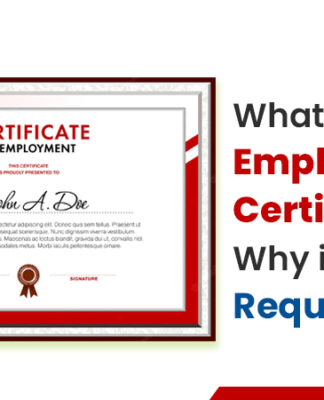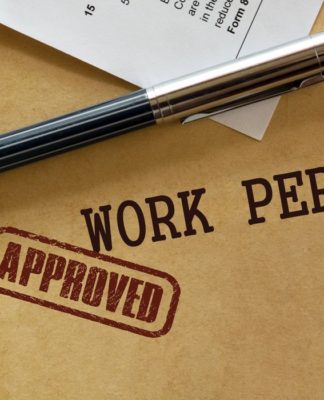Nobel economist Joseph Stiglitz sounds alarm on unregulated AI and risks for inequality
Nobel economist Joseph Stiglitz calls for responsible AI governance
By Euronews
Published on 03/08/2023 – 10:53
Nobel laureate Joseph Stiglitz said in an interview with Scientific American that unregulated AI could leave workers with less bargaining power.
There are growing concerns about how generative artificial intelligence (AI) will impact the job market.
Many workers have expressed fears of losing their jobs or seeing the most valuable parts of their daily tasks automated by computer systems.
A recent Goldman Sachs report showed that the equivalent of 300 million full-time jobs in the US and Europe are at risk of automation because of the disruptive technology.
Similarly, researchers at OpenAI, the company behind the popular chatbot ChatGPT, have estimated that 80 per cent of workers could see their jobs impacted by AI.
The labour disruption, if left unchecked, could further concentrate wealth in the hands of companies and leave workers with less power than ever, has now warned Joseph Stiglitz, winner of the 2001 Nobel prize in economics, professor at Columbia University and chief economist at the Roosevelt Institute, a think tank based in New York City.
In a recent interview with the US magazine Scientific American, Stiglitz spoke about how artificial intelligence will impact the economy and what should be done to prevent it from increasing economic inequality.
Embracing AI could save employees about 390 hours of working time per year, UK study shows
AI is already disrupting jobs
The US economist told the magazine that generative AI has already begun disrupting the job market, and he thinks the trend will likely continue, with AI gradually replacing routine tasks in white-collar jobs such as copywriting and editing because they follow specific rules and patterns.
“Where there are a set of rules, it (AI) can read and see whether those rules are followed,” he said, adding however that people will likely use it to enhance their productivity.
When asked about the possibility of AI creating new jobs to offset the ones it eliminates, Stiglitz was sceptical.
“There will be jobs created, but my judgment is that there will be more jobs lost,” he said. However, AI may require different skill sets, potentially increasing the demand for linguistic humanities skills over traditional mathematical skills, he added.
Human spies won’t be replaced by artificial intelligence, Britain’s MI6 chief says
‘Very worried’ about AI
Globally, Stiglitz is “very worried” about AI’s potential to exacerbate economic disparities.
“AI now is replacing routine white-collar work—or not replacing [it] but reducing the demand. So jobs that were routine white-collar, I think, will be at risk. And there are enough of those that it would have a macroeconomic effect on the level of inequality,” he told Scientific American.
Stiglitz proposes two potential solutions to mitigate the impact of reduced white-collar work demand. First, to increase overall demand in the economy and second, to implement policies to protect workers.
“What we have to recognise is that we created a system where workers don’t have much bargaining power. So in that kind of world, AI may be an ally of the employer and weaken workers’ bargaining power even more, and that could increase inequality even more,” he told Scientific American.
Highly skilled occupations such as medicine, law and finance ‘may be at risk of automation from AI’
Stiglitz’s overall outlook on AI’s impact on inequality is overall “pessimistic with respect to the issue of inequality,” he said.
While AI has the potential to increase productivity and reduce inequality with the right policies, the current political landscape poses challenges to achieving this outcome.
“The way our politics have been working has not been going in that direction. So at one end, I’m hopeful that if we did the right thing, AI would be great. But the question is: Will we be doing the right thing in our policy space? And I think that’s much more problematic,” he said.






























